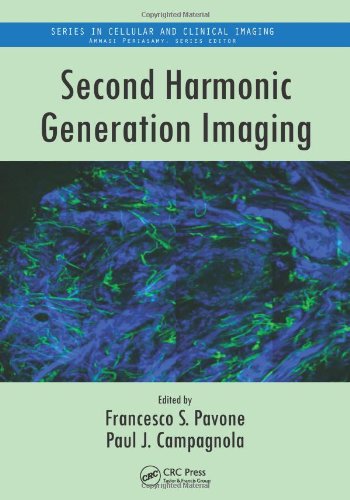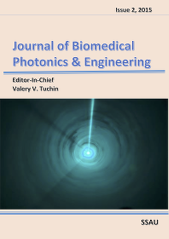The ethical policy of Samara State Aerospace University and JBPE follows the European Code of Conduct for Research Integrity. We strive to guarantee the quality of journal publications and follow the principle according to which the publisher bears the main responsibility for the integrity of scholarly publications. We do our best to help editors-in-chief, editors, and peer reviewers follow ethical standards accepted by major publishers and providers of scientific information. Adherence to standards is necessary to maintain high quality of scholarly publications, public trust in the results of scientific research, and author recognition.
It is necessary to exclude falsification, plagiarism and self-plagiarism, duplicate submissions, multiple copying of similar information in different research papers, false authorship, and misrepresentation with respect to authors' impact on their publications. Authors must be honest in presenting their results and conclusions of their research. Research misconduct is a harmful for knowledge.
All those who have made a significant contribution should be given chance to be cited as authors. Other individuals who have contributed to the work should be acknowledged. Articles should include a full list of the current institutional affiliations of all authors, both academic and corporate.
Reproducing text from other papers without properly crediting the source (plagiarism) or producing many papers with almost the same content by the same authors (self-plagiarism) is not acceptable. Submitting the same results to more than one journal concurrently is unethical. Exceptions are the review articles. Authors may not present results obtained by others as if they were their own. Authors should acknowledge the work of others used in their research and cite publications that have influenced the direction and course of their study.
Editors, authors, and peer reviewers must report about their interests that may affect their fairness when submitting, editing, and reviewing manuscripts (conflict of interests). These may be financial, personal, political, religious, and intellectual. Peer reviewing must be objective.
Reviewers have the following responsibilities:
- To judge the manuscript objectively and in a timely fashion. Reviewers should not make personal criticism in their reviews;
- To return the manuscript without review to the editor if there is a conflict of interest;
- To inform the editor of any similarity between the submitted manuscript and another either published or under consideration by another journal to the best of their knowledge;
- To alert the editor if a manuscript contains plagiarised material or falsified data to the best of their knowledge.
Editors have the following responsibilities:
- To ensure that submitted manuscripts are handled in a confidential manner, with no details being disclosed to anyone, with the exception of the referees, without the permission of the author, until a decision has been taken as to whether the manuscript is to be published;
- To decide to accept or reject a manuscript for publication with reference only to the manuscript’s importance, originality and clarity, and its relevance to the journal;
- To make known any conflicts of interest that might arise. Specifically, in cases where an editor is an author of a submitted manuscript, the manuscript must be passed to another editor for independent peer review




